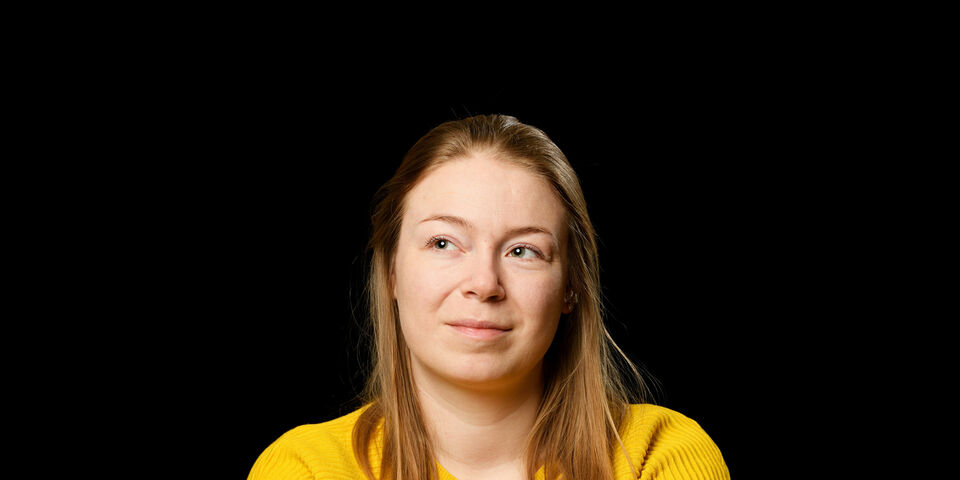As evening falls
Now that the evenings are drawing in and my workload means I am staying later at the office, I am experiencing another side of the university. The department and campus in Delft are deserted, no flashy chimney stack or army of rabbits here. But still, when I cycle to the station in the dark, I take in the campus in a different way and I see other, small things that I would never have noticed during the day. The darkness offers me a completely new perspective.
Other perspectives are precisely what can sometimes shed light on important things that may well have gone unnoticed in the normal run of things. The same applies to technologies. Whether we are working on fundamental issues, product development or process modifications, if you want an innovation to ultimately make a real contribution, different perspectives ought to be taken into account. And while this view is considered quite logical, in practice it often proves to be extremely difficult to accomplish.
Next week I will be accompanying the Delft International Genetically Engineered Machine , or iGEM, team to Boston (US), as a supervisor and as a jury member for the big iGEM final. Although this competition is chiefly about designing ‘something new’ for the field of synthetic biology, an important aspect of it is ‘why’ we have designed what we have, and to benefit whom or what. Think, for example, of societal themes like antibiotic resistance, malaria or cleaning up the plastics in our oceans.
And while science and technology would seem to be where the main design challenges lie, experience has shown that the ultimate challenge lies in reflecting on the subsequent implications of these techniques. How do you teach students to take off their lab glasses, and to look more broadly at what people need? And, how do you integrate these perspectives back into your design so that in the end you arrive in Boston with something really valuable?
Our iGEM participants are not the only people we are trying to persuade to do this. This week we are also rising to the challenge with master's and PhD candidates during our IDEA league 'summer' school. Here too we are teaching biotechnologists about different perspectives and responsible innovation. Hopefully, as evening falls this Friday and the summer school comes to a close, we will once again have inspired a number of engineers and doctoral candidates to believe that scientific curiosity and technical progress can go hand in hand with societal interaction.
PS. iGEM Eindhoven, good luck and see you in Boston!


Discussion